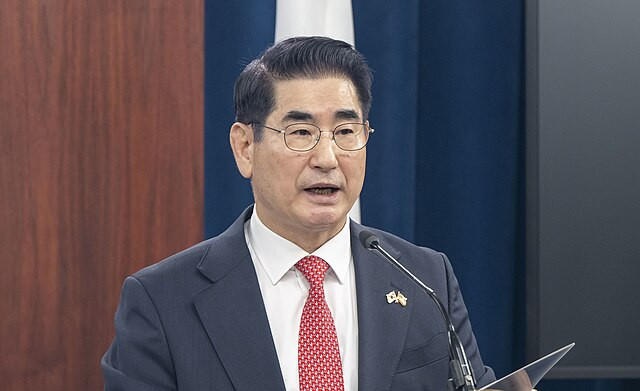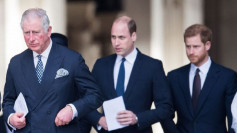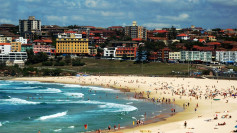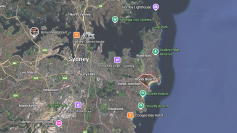The political crisis in South Korea continues to deepen as fallout from President Yoon Suk Yeol's brief martial law declaration triggers protests, legal probes, and a renewed push for impeachment. In a dramatic turn of events, former Defense Minister Kim Yong-hyun, a central figure in the unfolding scandal, attempted to take his own life while in detention, according to Shin Yong-hae, the head of the Korea Correctional Service.
Kim, who was detained in Seoul last Sunday, tried to end his life in a bathroom at the detention center before corrections officers intervened. Shin confirmed to lawmakers that the former defense minister was moved to an isolation cell and remains in stable condition. Kim has been accused of playing a pivotal role in recommending martial law to President Yoon and directing the military to block lawmakers from entering the National Assembly to vote on the decree.
The martial law declaration, announced on December 3, was South Korea's first in over four decades. President Yoon, in an unannounced television address, accused the main opposition Democratic Party of sympathizing with North Korea and engaging in "anti-state activities." However, the decree was swiftly overturned within six hours when lawmakers forced their way into the parliament chamber and nullified the order.
Testimonies presented at a National Defense Committee hearing this week have revealed additional alarming details. Former Special Warfare Command Commander Kwak Jong-geun testified that he received a direct order from President Yoon to "break the doors" of the National Assembly and "drag out" lawmakers. Kwak stated that he did not comply, fearing the directive would lead to injuries. These revelations have amplified calls for Yoon's resignation and increased scrutiny of his administration.
Efforts to hold Yoon accountable gained momentum on Wednesday when police raided the presidential office as part of their investigation into allegations of rebellion and abuse of power. While authorities sought evidence related to the martial law decree, their attempts to enter the presidential compound were reportedly blocked by the presidential security service, citing state secrecy laws.
Opposition lawmakers, led by the Democratic Party, have vowed to introduce a second impeachment motion against Yoon. Their first attempt failed last Saturday when members of Yoon's conservative People Power Party boycotted the vote. Han Dong-hoon, the party's leader, has since called for the president's "orderly resignation" and stated that the party will coordinate the transition of state affairs.
Meanwhile, the Defense Ministry announced the suspension of three senior military commanders implicated in the martial law imposition. Kim, in a statement issued before his resignation, claimed full responsibility for the actions of the military and urged leniency for the soldiers involved. "All responsibility lies with me," he stated, apologizing to the public for the anxiety caused by his decisions.
The turmoil has raised serious questions about the stability of South Korea's government at a time of heightened tensions with North Korea. The U.S. State Department reaffirmed the "iron-clad" nature of the U.S.-South Korea alliance on Monday, emphasizing Washington's commitment to peace on the Korean Peninsula.
Critics have denounced Yoon's actions as unconstitutional, pointing out that martial law can only be declared during wartime or emergencies of a similar scale. They argue that using military force to suspend parliamentary functions amounted to rebellion. If Yoon is impeached, his presidential powers will be suspended until the Constitutional Court decides his fate. A dismissal from office would necessitate a new presidential election.
North Korea's state media has also weighed in on the crisis, calling Yoon a "traitor" and his military "gangsters." Analysts suggest the North is monitoring the situation closely, although there have been no signs of provocative actions from Pyongyang.






